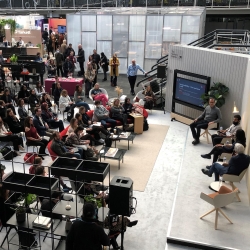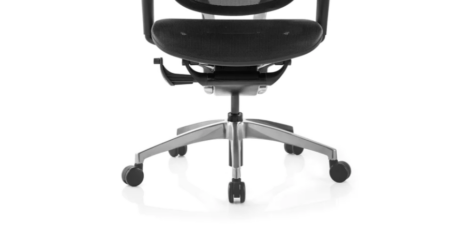March 4, 2024
A quarter of projects don’t meet their stated goals – but that’s not because of remote working
 A quarter of all projects do not meet the business goals that their organisations set for them, according to research published by the Project Management Institute (PMI) in the 15th edition of its Pulse of the Profession report – The Future of Project Work. The newly released report, based on the responses of over 2,000 project professionals and 300+ senior leaders around the world, paints what the report says is a concerning picture of project outcomes across various industries globally. The report also highlights the reasons for this and excludes remote working as a major factor. (more…)
A quarter of all projects do not meet the business goals that their organisations set for them, according to research published by the Project Management Institute (PMI) in the 15th edition of its Pulse of the Profession report – The Future of Project Work. The newly released report, based on the responses of over 2,000 project professionals and 300+ senior leaders around the world, paints what the report says is a concerning picture of project outcomes across various industries globally. The report also highlights the reasons for this and excludes remote working as a major factor. (more…)




































February 28, 2024
The hybrid working office: ushering in a new era for the workspace
by Jeni Taylor • Comment, Flexible working, Workplace design